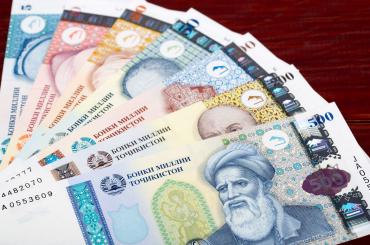
taxation
-
Taxation
-

Profit shifting: A global challenge hitting developing countries the hardest
Transfer mispricing—the practice in which multinationals shift profits to subsidiaries in tax havens—disproportionately harms developing countries. What tools can low-capacity governments use to identify these cases of tax evasion? How can global corporate tax policies help curb evasion?
-

The paradox of anticorruption messaging: Evidence from a tax reform in Honduras
How should governments communicate reforms to fight corruption without reinforcing citizens’ negative perceptions? A carefully designed information intervention in Honduras provides a promising approach to update citizen beliefs about corruption in t...
-

Know your citizens, increase your revenues: Improving tax payment in Liberia
Legibility—systematised information about citizens—and legal enforcement can produce sustained, cost-effective increases in tax collection.
-

How equitable are taxes in low- and middle-income countries?
What roles does taxation play in reducing high levels of inequality in low- and middle-income countries?
-

Using technology to improve governance: Evidence from electronic tax filing in Tajikistan
Electronic tax filing lowers compliance costs for firms while reducing the gap in tax revenues between those firms more likely vs less likely to evade
-

The impacts of technology on property tax collection and efficiency: Evidence from Ghana
Technology improves local tax collection efficiency and the progressivity of the property tax system but can also lead to unintended outcomes
-

How developing countries can boost their property tax revenues: Evidence from Mexico City
Increasing property taxes can boost revenues for developing countries, but enforcement may threaten the welfare of liquidity-constrained households
-

Raising money for the state: Lessons on reducing tax evasion from Chile and Ecuador
Value-added tax (VAT) can facilitate tax enforcement by generating paper trails on transactions between firms
